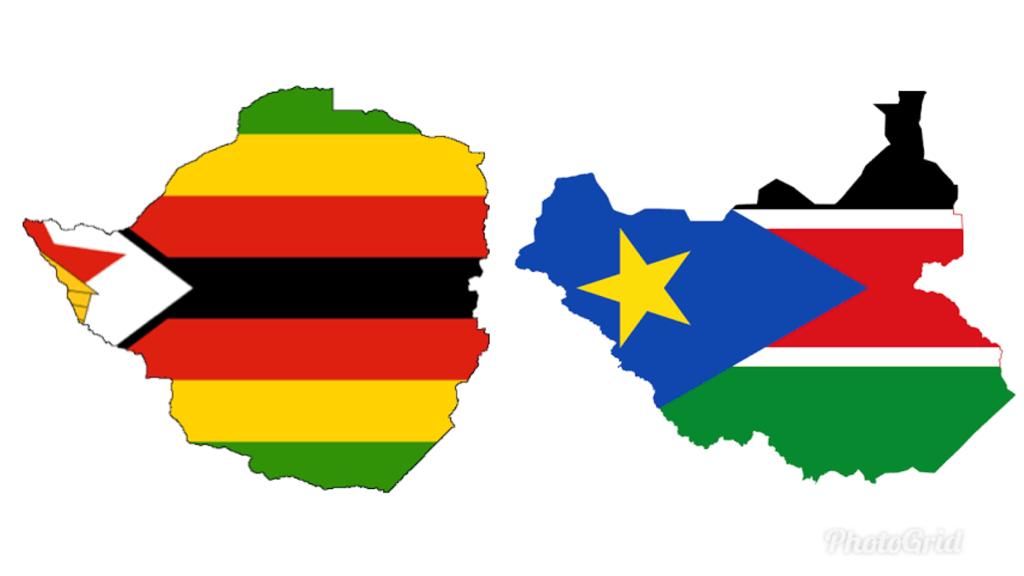Zimbabwe will this year finalise negotiations on the exportation of labour to South Sudan. This was said by Minister of Higher and Tertiary Education Science and Technology Professor Amon Murwira. The idea was muted as far back as 2015 and although nothing has materialised so far, 16 000 graduates have already registered to be considered under the scheme.
Advantages of labour exporting
Labour exporting is a popular model used to combat skills gaps in fast developing countries and those emerging from years of unrest on the African continent. For many years, Cuba has been exporting health professionals and reaping commendable financial benefits from it. It is also estimated that education is Austria’s fourth largest import. This proves that labour exporting is worthwhile. For Zimbabwe, labour exporting will create employment for the thousands, perhaps millions of graduates who are unemployed due to our shrinking economy. Furthermore, the country will benefit from brain circulation. This means that professionals who would otherwise have been idle in the country will gain experience by working abroad and be ready to contribute to the economy when the country gets back on its feet. More importantly, those employed abroad will be sending money home to their relatives thereby easing foreign currency challenges currently affecting the country.
Why South Sudan?
According to Zimtrade, South Sudan which is the youngest African country, imports almost 100 percent of its requirements. The country has been ravaged by years of war and unrest. Specific opportunities have been identified in animal husbandry, technical assistance, capacity building in skills development, property development, forestry, tourism and infrastructure development among other things. The good thing is that Zimbabwe and South Sudan enjoy cordial and facilitative political relations which are key to the development of meaningful export platforms.
Current plans
In a recent interview, Professor Murwira said, “During Innovation Africa, I had the privilege of meeting my counterpart, Minister of Higher Education from South Sudan in order to learn at which stage we were. But I then learnt that the Memorandum of Understanding (MoU) was not finalised. And we are going to finalise the MoU as we enter 2019.” He went on to say, “In Zimbabwe we pride ourselves of being very literate. We discovered that we have to up our skills but we know we are better off in this area. It must be seen through foreign currency inflows using education.”
With high unemployment rates currently in Zimbabwe, not only South Sudan stands to benefit from labour exporting by the country. Other neighbouring countries like Namibia, South Africa, Angola and Botswana are taking up a number of Zimbabwean graduates. It is a fact that millions of Zimbabweans are living and working abroad although this is not under a deliberate exporting arrangement.
It is clear that labour exporting will benefit the country and individual graduates immensely. However, there can be a down side to this arrangement. There is need to ensure that the graduates are earning market related salaries rather than being used as a form of cheap labour because they are desperate. Also, the importing country needs to balance its imports with its local human capital. Locals still need to be prioritised otherwise high employment rates will persist.
For now, government needs to move with speed to finalise the agreements and allow graduates to start taking up positions abroad. The country desperately needs the foreign currency urgently.








